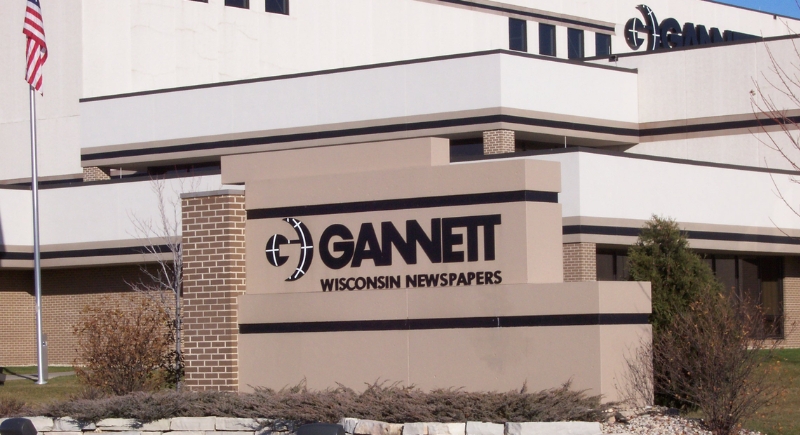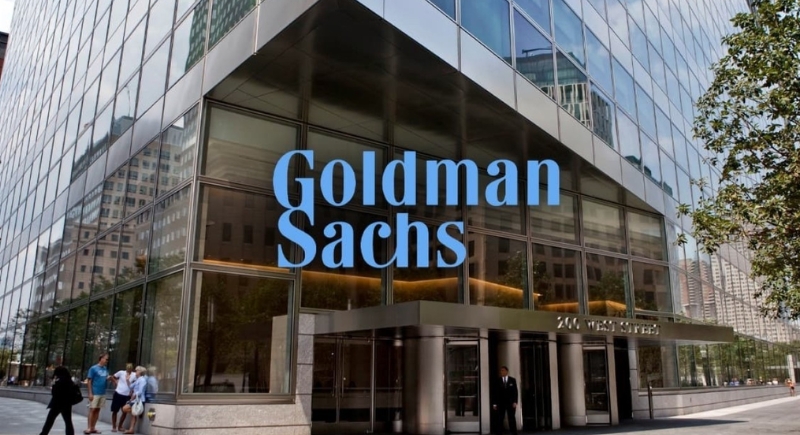All the Major Companies That Have Rolled Back Their Diversity Programs
Several surveys of 2025 show that 200+ Fortune 500 companies mention DEI less often in annual reports than they did two years ago. DEI used to be a marker of corporate values. Now, it’s a legal risk many companies would rather avoid. So many companies are changing their approach under pressure from new laws, executive orders, and online backlash.
IBM

Credit: Wikimedia Commons
IBM, once seen as a leader on diversity, has pulled back. It no longer ties executive pay to diversity hiring goals and now emphasizes partnerships with small or veteran-owned businesses instead. For a company that used to treat inclusion metrics as a point of pride, that’s a noticeable shift.
Gannett

Credit: Wikimedia Commons
The country’s largest newspaper chain stopped publishing diversity data and removed DEI mentions from its website. Management says it’s about compliance, but critics see retreat and risk management. Whatever the reason, it marks a sharp turn for a publisher that once built its image around inclusion.
Constellation Brands

Credit: pexels
The maker of Corona and Modelo replaced its DEI department with an “inclusive culture” team and rewrote its supplier goals to focus on small businesses. It also stopped participating in external LGBTQ+ surveys. The rebrand feels strategic, but with younger drinkers driving future growth, the choice could come with risks.
UnitedHealth Group

Credit: Wikimedia Commons
The company says it’s following the law by deleting its diversity web pages and replacing them with vague “belonging” language. That’s surprising in healthcare, where diversity has measurable benefits. A study found that patients report higher satisfaction and outcomes when treated by providers who share their background.
Victoria’s Secret

Credit: Wikimedia Commons
Victoria’s Secret once vowed to reshape beauty ideals and broaden who gets represented. Now it’s scaling back diversity goals, halting progress on Black workforce representation, and rethinking supplier commitments. For a brand that built its comeback on reinvention, stepping away from inclusion signals where its priorities have shifted.
Goldman Sachs

Credit: Wikimedia Commons
They dropped the requirement that companies going public include at least two diverse board members and removed DEI language from filings. The Nasdaq rule behind that policy was overturned in court, but Goldman’s decision signals something broader: Wall Street is proud as ever of its bare-minimum legal compliance.
Paramount

Credit: Wikimedia Commons
Paramount ended its race- and gender-based hiring targets and scrubbed DEI references from its site. It’s part of a wider industry shift, as Variety reports nearly half of major entertainment companies cut DEI staff or budgets in 2024. Inclusion is no longer a selling point; it’s a potential liability.
Bank of America

Credit: pexels
It might seem like semantics, but language shapes priorities and outcomes. Bank of America ditched its diversity hiring targets and swapped terms like “diversity” for “talent” and “opportunity” in official documents. If even BofA, once a vocal DEI advocate, is changing the script, the mood shift is hard to ignore.
Disney

Credit: Wikimedia Commons
Disney shut down its “Reimagine Tomorrow” site, dropped some content warnings, and refocused internal metrics on “Talent Strategy.” The company insists its values haven’t changed. However, with the FCC now investigating past DEI practices, Disney seems less concerned with social leadership and more about staying off regulators’ radar.
Walmart

Credit: Wikimedia Commons
Walmart has rolled back its Racial Equity Action and Change programs, removed DEI language from company materials, and reduced LGBTQ-themed products. It’s a sharp departure from 2020, when the retailer pledged $100 million toward racial equity. The change appears to have consequences: store visits are down 6.2% compared with last year.